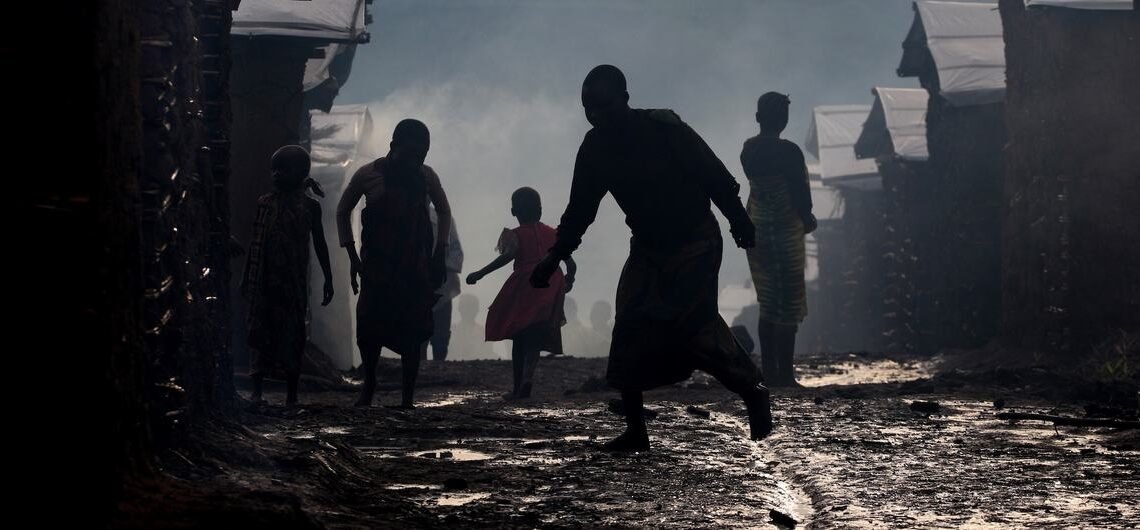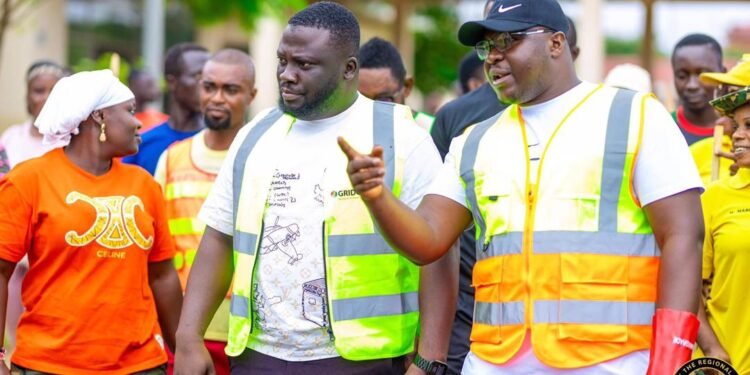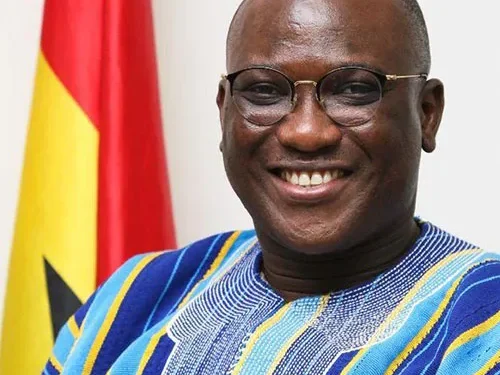Renewed hopes for peace in the Democratic Republic of the Congo (DRC) have been rocked by a brutal surge in civilian killings by armed groups, including the Rwandan-backed M23 militia, operating in the country’s embattled eastern provinces.
According to the UN Human Rights Office (OHCHR), disturbing eyewitness accounts reveal that at least 319 civilians were slaughtered between July 9 and 21 in North Kivu by M23 fighters, allegedly assisted by soldiers from the Rwanda Defence Force.
Among the dead were at least 48 women and 19 children, most of whom were subsistence farmers camping in their fields during planting season.
Volker Türk, the UN High Commissioner for Human Rights, condemned the escalating atrocities. “I am appalled by the attacks on civilians by the M23 and other armed groups in eastern DRC amid continued fighting, despite the ceasefire that was recently signed in Doha,” he said in a statement released Wednesday.
“All attacks against civilians must stop immediately and all those responsible must be held to account.”
Volker Türk, the UN High Commissioner for Human Rights

The violence represents one of the deadliest massacres documented since the M23, a group formed more than 15 years ago and primarily composed of Congolese Tutsi fighters, reasserted itself as a powerful military force in 2022.
Congo-M23 Peace Efforts On Brink Of Collapse
The attacks come just weeks after international stakeholders heralded two peace initiatives. A bilateral peace accord between Rwanda and the DRC was signed in Washington on June 27. This was followed by the Doha Declaration between the DRC government and M23 rebels on July 19, which promised an immediate ceasefire and further negotiations.
However, humanitarian groups argue that the ceasefires have failed to materialize on the ground. “I urge the signatories and facilitators of both the Doha and Washington agreements to ensure that they rapidly translate into safety, security, and real progress for civilians,” Türk stated.
The situation has been further exacerbated by atrocities from other armed groups. In July alone, UN monitors reported attacks by the Allied Democratic Forces (ADF), Coopérative pour le Développement du Congo (CODECO), and Raia Mutomboki/Wazalendo militias in North Kivu, South Kivu, and Ituri provinces.
One of the deadliest occurred on July 27, when ADF militants stormed a Christian church in Komanda village, Ituri, killing 40 worshippers, including 13 children, and setting homes, shops, and vehicles ablaze. Earlier that month, the ADF massacred at least 70 civilians in Pikamaibo village.
The violence against civilians is not limited to killings. Sexual violence continues to be used systematically. On July 27, eight women were raped by Raia Mutomboki/Wazalendo fighters in Busolo village, South Kivu. Humanitarian agencies say the spiraling conflict is deepening what is already one of the world’s most critical humanitarian emergencies.
More than 7.8 million people are now internally displaced across eastern DRC—the highest number ever recorded in the region. Meanwhile, over 28 million are experiencing food insecurity, including nearly 4 million at emergency levels. Adding to the crisis, over 30,000 refugees fleeing violence in Central Equatoria State, South Sudan, have poured into Ituri province since April.
The World Food Programme (WFP) has warned that critical funding gaps may force the suspension of life-saving assistance to hundreds of thousands. Healthcare systems are also on the verge of collapse. The UN Population Fund (UNFPA) documented 33 attacks on health workers and facilities during the first half of 2025 alone, a staggering 276 percent increase compared to the prior six months.
As armed groups continue to terrorize civilians and peace deals hang in the balance, the DRC teeters dangerously between fragile diplomacy and full-blown humanitarian catastrophe.
READ ALSO: NDC Politician Reacts To Shatta Wale Lamborghini Seizure























